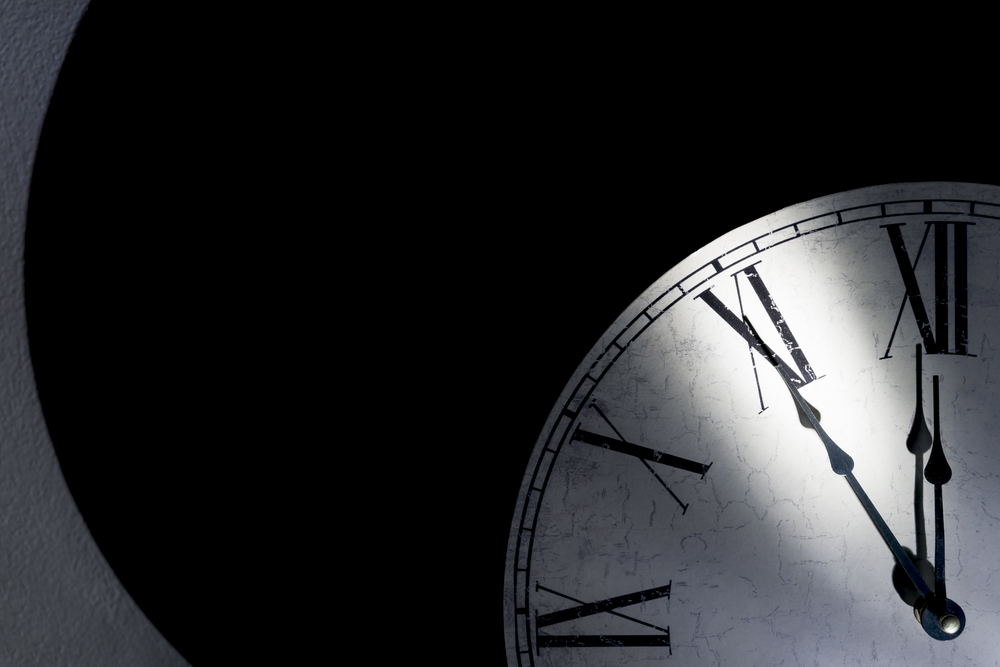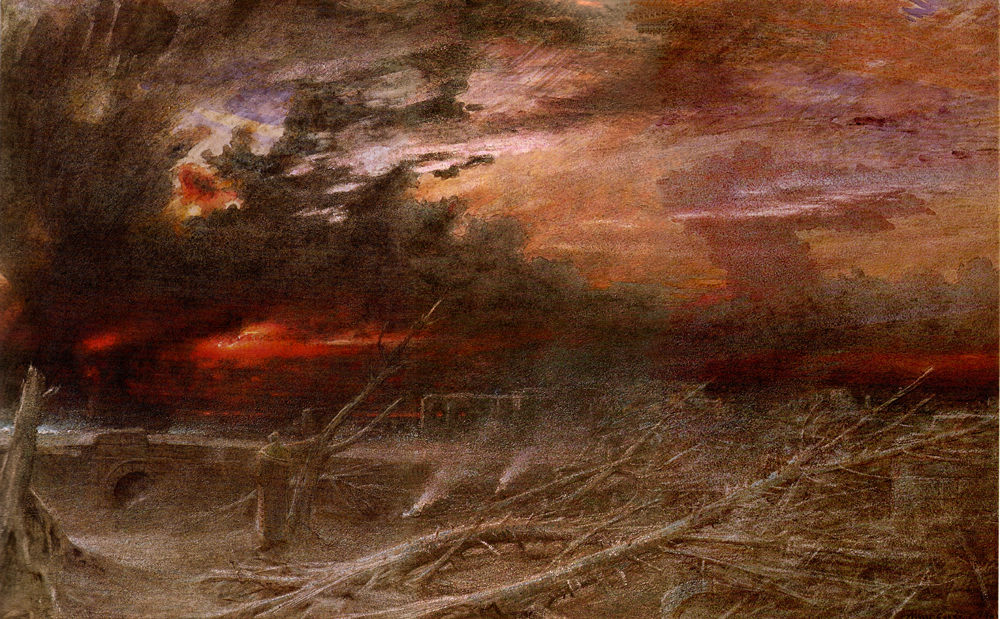As I write, Russia is waging a brutal and illegal war against Ukraine. NATO has responded by providing Ukraine with weapons and intelligence, and by enacting sanctions and other measures which are essentially aimed at crashing the Russian economy. 74% of Americans say they believe that NATO should impose a no-fly zone over Ukraine – though it is unclear how many understand that this would require shooting down Russian planes and destroying Russian air defenses. In any event, it seems clear that there is a small but real risk of a larger war breaking out between Russia and the West. And in light of that, for the first time since the end of the Cold War, nuclear war feels like a realistic possibility.
This is not to say that there will be a nuclear war. I think there almost definitely won’t be. But nuclear war would be very, very bad: the greatest catastrophe in the history of human civilization. It could kill hundreds of millions of people immediately, kill billions more through fallout and nuclear winter, and render life much, much worse for the survivors for a very, very long time. And even a very small chance of a very bad outcome must be taken seriously. The theory of expected utility says that we can determine how seriously to take a risk by multiplying how good or bad the relevant thing would be by the probability of that thing happening. So, for instance, if a certain lottery ticket gives me a 1% chance of winning $100, the theory of expected utility says that I should value that ticket at $1 (because 1% of $100 is $1). But the same reasoning suggests that, if a nuclear war would kill billions of people, then even if there is only a 1% chance of a nuclear war happening at some point in the future, we should take that possibility as seriously as a calamity that kills tens of millions of people.
So – in addition, of course, to asking how we can help the people being unjustly harmed in the war right now – it is worth asking how we might reduce the risk of nuclear war. In the immediate future, NATO should obviously be wary of directly going to war with Russia, even if NATO helps Ukraine in other ways. The effect of these other forms of help on the risk of nuclear war is harder to gauge. Their immediate effect is to increase tensions with Russia. But on the other hand, if NATO stood by and did nothing while Putin attacked Ukraine, perhaps he would suppose that NATO was so reluctant to fight him that he could freely attack other countries, including NATO members like Estonia, Lithuania, and Latvia. And that would greatly increase the chance of a nuclear war. Suffice to say, the question is difficult.
In the longer term, what could we do? Unfortunately, this question is also difficult. Many people have worked for nuclear disarmament, the elimination of nuclear weapons. But while this may be a good long-term goal, it seems unrealistic for the foreseeable future. Because nuclear weapons can guarantee a nation’s security, they are too valuable to expect everyone to give them up. Ukraine gave up its own nuclear weapons in the 1990’s, and if it hadn’t, it seems quite likely that the current war would not be occurring. Meanwhile, Russia’s nuclear arsenal prevents NATO from using its superior military might to directly intervene in Ukraine. And so on. And if only some nations gave up their nuclear weapons, the risk of nuclear war might well increase. Peace between the USA and the USSR during the Cold War was achieved through the doctrine of mutually assured destruction: each country maintained a nuclear arsenal large enough to destroy the other in the event of a surprise attack. This meant neither side would launch such an attack, since their own country would be destroyed, too. But if one had gotten rid of its nuclear weapons on its own, the other might well have seized the opportunity to eliminate their rival.
However, there may at least be steps we can take to reduce the risk that a nuclear war breaks out due to an accident, or the actions of an irrational leader. For instance, at present, it is a matter of controversy what limits, if any, exist on the ability of the President of the United States to order the use of nuclear weapons. If a president someday orders a nuclear attack on Canada because he doesn’t like maple syrup, presumably those around him would disobey the order. But would there be any legal way to stop him? Some experts say no. Others suggest that those tasked with carrying out the order could reject it as inconsistent with the laws of war. But in any event, there is no reason to leave any confusion. The Restricting First Use of Nuclear Weapons Act would ensure that the president could only use nuclear weapons with the permission of Congress, or in response to the use of nuclear weapons by someone else. An alternative proposal would require that any order to use nuclear weapons be confirmed by the next two people in the presidential line of succession (ordinarily, the Vice President and Speaker of the House), perhaps with exceptions in the case of a surprise attack. Policies which might reduce the risk of accidental nuclear war have also been proposed. Advocating for the introduction of policies like these in the U.S. and in other nuclear-armed states might reduce the risk of nuclear war. So might working for a better and more peaceful world in general, since the fewer conflicts, the fewer opportunities for something to escalate into a nuclear exchange. Of course, all of these measures can only do so much. But given the stakes, making nuclear war even slightly less likely is morally urgent.


